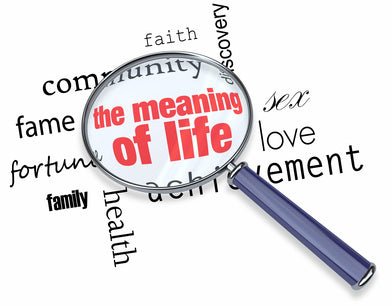
"Good Artists Copy, Great Artists Steal"
There's a temptation when creating a business to be different, to be new and original, but is that the best idea? The wheel is a pretty solid invention, does it really need to be reinvented? Or can you differentiate yourself enough without recreating the proverbial wheel?
My background is in sales. When I first started I saw many sales people in my company settling for medicority, several top performers, and one "Top Dog". We got some great sales training, but the best advice I got was from a book I had read by an accomplished "Sales Guru". He suggested I find the "Top Dog" at the company and emulate that person, and in doing so I might have similar, or even greater success.
So that's why I did. I asked the Sales Manager for a cubicle right outside the "Top Dog's" office. While many of the other sales people were trying to have original ideas, I just followed the "Top Dog" and I listened to what he said to prospects on the phone, I looked to see where he got his leads, and I asked to go with him on appointments. Fortunately he was willing, and encouraged by management, to help a junior sales person.
For six months I listened, and like an actor I just started doing what he did, monkey see, monkey do. After a while I had internalized his methods and started doing them by myself, then six months later, one year after starting at the company I beat the "Top Dog" in sales for the month, then the quarter, and then the next year, I became number one. And all I did was listen, follow directions, and try not to have an original thought.
Sounds like a crazy idea right? It worked in sales, but could it work for entrepreneurs? And painters? The quote "Good Artists Copy, Great Artists Steal" is attributed to none other than Picaso, and apparently Bill Gates and Steve Jobs think it's a great strategy too, and so does T.S. Elliott, courtesy of Business Design Online.
“One of the surest tests [of the superiority or inferiority of a poet] is the way in which a poet borrows. Immature poets imitate; mature poets steal; bad poets deface what they take, and good poets make it into something better, or at least something different. The good poet welds his theft into a whole of feeling which is unique, utterly different than that from which it is torn; the bad poet throws it into something which has no cohesion. A good poet will usually borrow from authors remote in time, or alien in language, or diverse in interest. Eliot, T.S., “Philip Massinger,” The Sacred Wood, New York: Bartleby.com, 2000.
For many people the idea of starting a business stems from the thought they have a better idea than what's currently available, i.e. a better mouse trap. The premise being should they devise such a product, or create such a compelling service, the world will come knocking on their doors to buy it. But history is full of examples of products and services that were innovative and new, that were disruptive to their industries, superior to existing products and services, but failed miserably. Why? Were the ideas too original? Were they trying to reinvent the wheel?
I like what Tom Stephan of BODO says: Find inspiration in the world you live in, where nothing is truly new so that everything has the potential to be innovative. Which means to me a strategy for launching PuraKai could be to emulate a company that is already successful (i.e. Patagonia), but be slightly unique, market in a unique way, or sell to a unique group of customers, but not too original an idea.
And just like with the "Top Dog" offering to help. The founder of Patagonia has also helped, in the form of Yvon Chouinard's two books "Let my people go surfing" and "The Responsible Company: What We’ve Learned From Patagonia’s First 40 Years". Perhaps these books hold the answers to creating an innovative product or service for PuraKai. Time to get reading...





Leave a comment
This site is protected by hCaptcha and the hCaptcha Privacy Policy and Terms of Service apply.